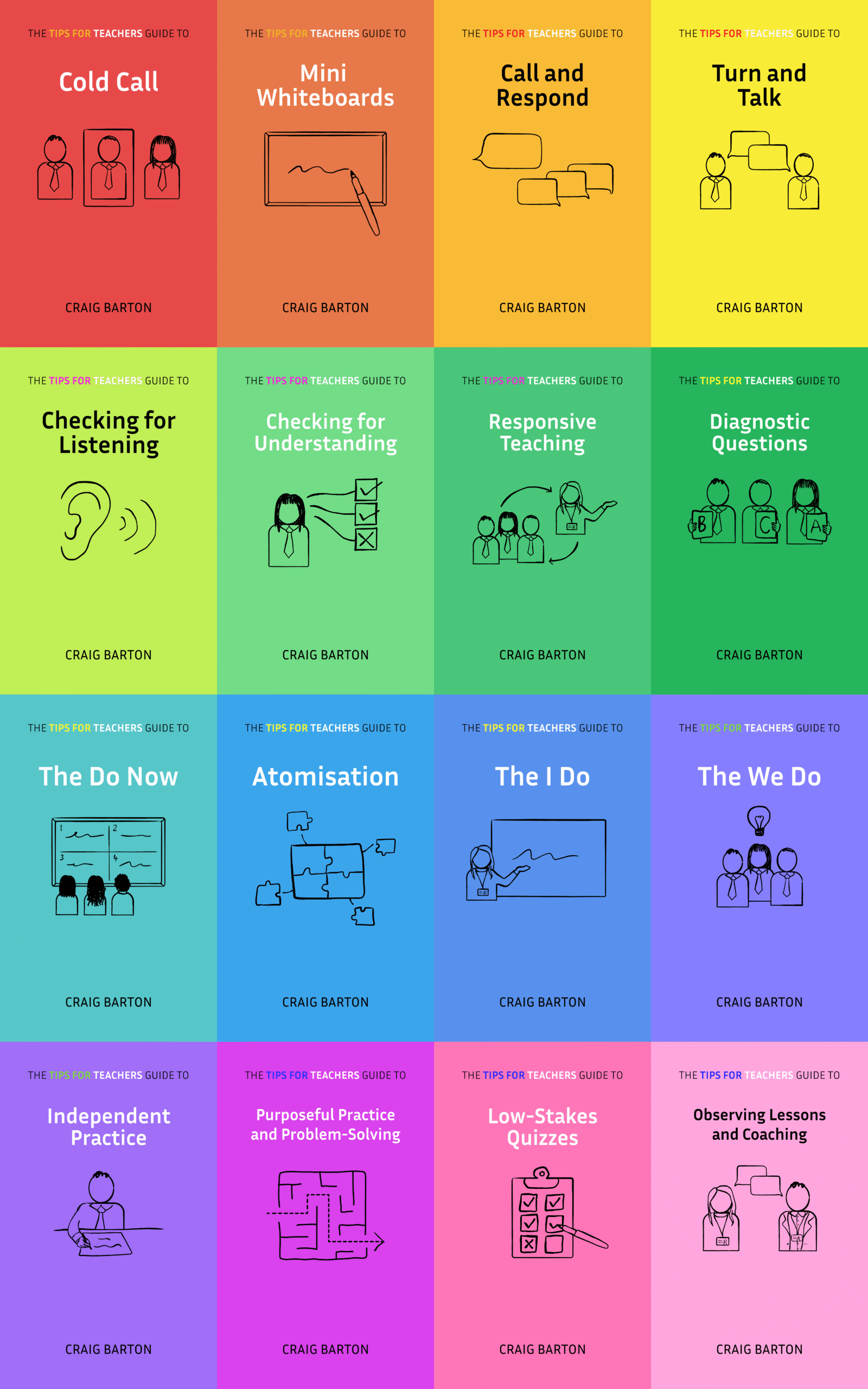
- Title: Inside the Black Box: Raising Standards Through Classroom Assessment
- Authors: Paul Black and Dylan Wiliam
- Access the original paper here
- Listen to a deep-dive podcast:
Paper summary
This research paper, authored by Paul Black and Dylan Wiliam, argues that formative assessment, a method for evaluating student learning during the teaching process, is essential for improving education. The authors contend that formative assessment can significantly raise learning standards, and they present evidence from various studies to support their claim. They further explore common shortcomings in current assessment practices, highlighting the need for improvement. Finally, the authors outline a four-step strategy for implementing effective formative assessment, advocating for a shift in policy from solely focusing on external testing to promoting and supporting formative assessment practices in classrooms.
What are the key implications for teachers in the classroom?
- Teachers should shift their focus from a transmission model of teaching to an interactive model. This means moving away from the idea that knowledge is simply transmitted from teacher to student and instead focusing on teaching through interaction to help students develop their ability to incorporate new information into their understanding.
- Formative assessment is an essential component of effective teaching. Formative assessment involves gathering information about students’ learning and using that information to adjust teaching to meet their needs. Improving formative assessment has been shown to have a significant positive impact on student learning.
- Teachers need to create a classroom culture that encourages questioning and deep thinking. This can be achieved by providing opportunities for students to discuss their understanding, ask questions, and share their ideas.
- Teachers need to use a variety of formative assessment methods. This could include observations, discussions, questioning, and written work. Tests and homework exercises can also be valuable tools for formative assessment, but they need to be designed and used in a way that provides feedback that students can use to improve their learning.
- Teachers need to provide students with feedback that is specific, actionable, and focused on their learning goals. Feedback should not simply be about marks or grades; it should provide students with guidance on what they are doing well and what they need to improve.
- Teachers need to help students develop their self-assessment skills. When students are able to assess their own learning, they become more engaged and motivated learners.
- Teachers need to be mindful of the negative impact that assessment can have on students’ self-esteem. Assessment practices that focus on comparison, competition, and ability can lead students to believe that they are not capable of learning. Teachers need to create a culture of success in their classrooms and use assessment in a way that supports students’ self-esteem and motivation.
- Teachers need to be aware of the potential obstacles to implementing effective formative assessment. These obstacles could include time constraints, pressure to cover the curriculum, and a lack of support from school leaders and policymakers. Teachers need to be persistent and advocate for the resources and support they need to implement effective formative assessment practices.
The source emphasizes that improving formative assessment is not a simple task and requires a significant shift in teachers’ beliefs and practices. However, the evidence strongly suggests that the effort is worthwhile and that improvements in formative assessment can lead to substantial gains in student learning.
Quote
Standards are raised only by changes which are put into direct effect by teachers and pupils in classrooms. There is a body of firm evidence that formative assessment is an essential feature of classroom work and that development of it can raise standards








